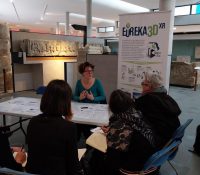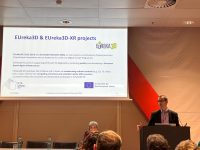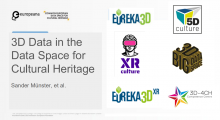by Sofie Taes, KU Leuven
Thanks to the digitization work of libraries, museums, archives and other collection owners throughout Europe, and to online data sources such as Europeana and Flickr Commons, nowadays a vast number of photographic images of high historical, artistic and cultural heritage value has become widely available. In contrast to other and older images on the web, those made accessible by portals such as Europeana can be guaranteed to be authentic, unaltered and correctly digitized renderings from trusted sources.
Now why not combine the qualities of such photographic treasures with the dynamics of current photographic practices – think: the selfie, or other types of user-generated content by which billions of people feed the web on a daily basis…?
With the Photography Pilot, we’re definitely in for the mix!
We want to demonstrate a range of possibilities offered by apps, Europeana API’s, and a multitude of tools developed by the open source community, to come up with innovative models involving historical and present-day photography, boasting with monetizing potential and investment appeal!
Specific demonstrators running along 3 scenario’s, will help create new ways to interact with our visual past and present. We endeavor for users worldwide to explore these new tracks of engaging with their personal and shared history, and to rediscover the world of their ancestors in a dynamic dialogue with their own day-to-day reality. Moreover – as this is the ultimate “Return on Investment” for any digitization effort – Cultural Heritage Institutions will hereby be able to engage with their public in novel ways.
In the hackathon that will be organized against this backdrop, developers with a pedigree in producing innovative applications involving cultural photographic heritage will meet, exchange ideas and look for commonality and interoperability to build larger functionalities.
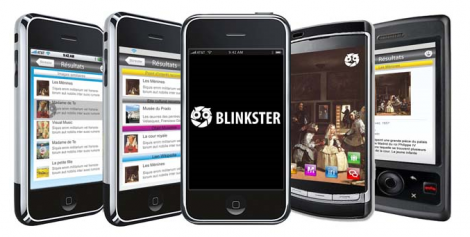
a Blinkster app will be used to experiment within the Photography pilot
The featured applications will be grouped around 3 ideas, qualified as commercially relevant by our market research:
- Museum applications providing access to Europeana and similar resources can yield new types of visitor-experiences;
- Storytelling web applications and apps allowing for users to create new stories by mixing historical images from Europeana and other public sources with user-generated content, will encourage a more widespread individual and joint interaction with cultural heritage items;
- Augmented reality applications enabling historical images to be layered with actual experiences and other material, such as maps and social user data, will provide a personal angle to every tranche of world history.
The best ideas and proposals stemming from the hackathon – together with a compendium – will be tunneled through a monetization event in London. Developers will be able to showcase their work to selected investors, with a real perspective to clinch a deal.
In this way, the Photography Pilot will contribute to Europeana Space’s main goal: to demonstrate, by means of actual, funded and innovative applications hitting the market in all the right spots, that for the creative industries, open cultural heritage can be the fabric added value in the digital economy is made of.
Learn more about the Photography Pilot on Europeana Space’s website
photo source: courtesy of KU Leuven, and Internet


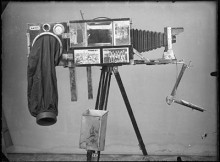
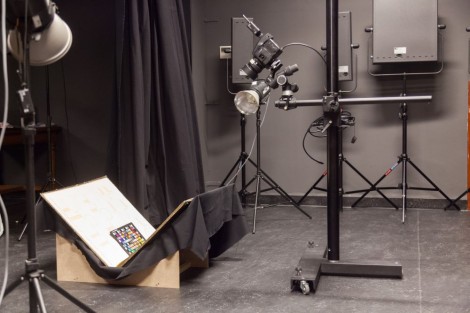

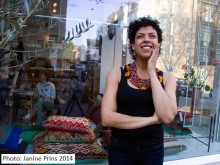

 RICHES on Twitter: #richesEU
RICHES on Twitter: #richesEU
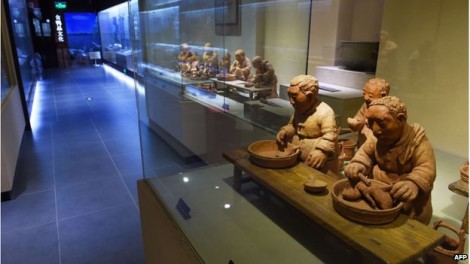
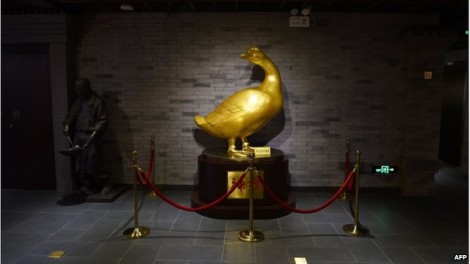
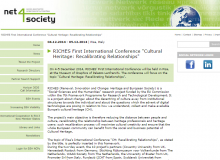


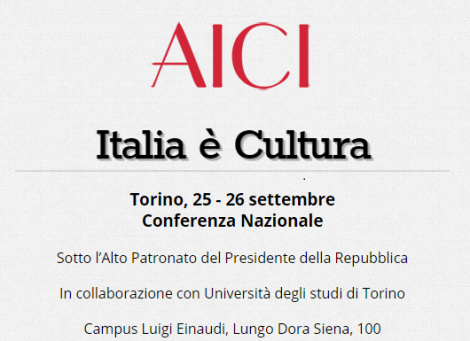 A very prominent conference is taking place in Turin on 25 and 26 september: ITALIA E’ CULTURA (Italy is Culture) organised by AICI (Association of Italian Cultural Institutions).
A very prominent conference is taking place in Turin on 25 and 26 september: ITALIA E’ CULTURA (Italy is Culture) organised by AICI (Association of Italian Cultural Institutions).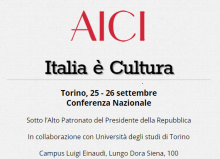
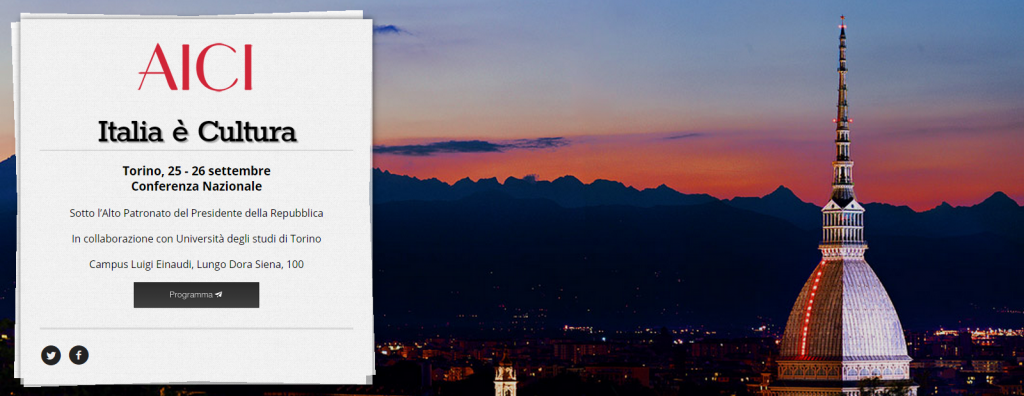
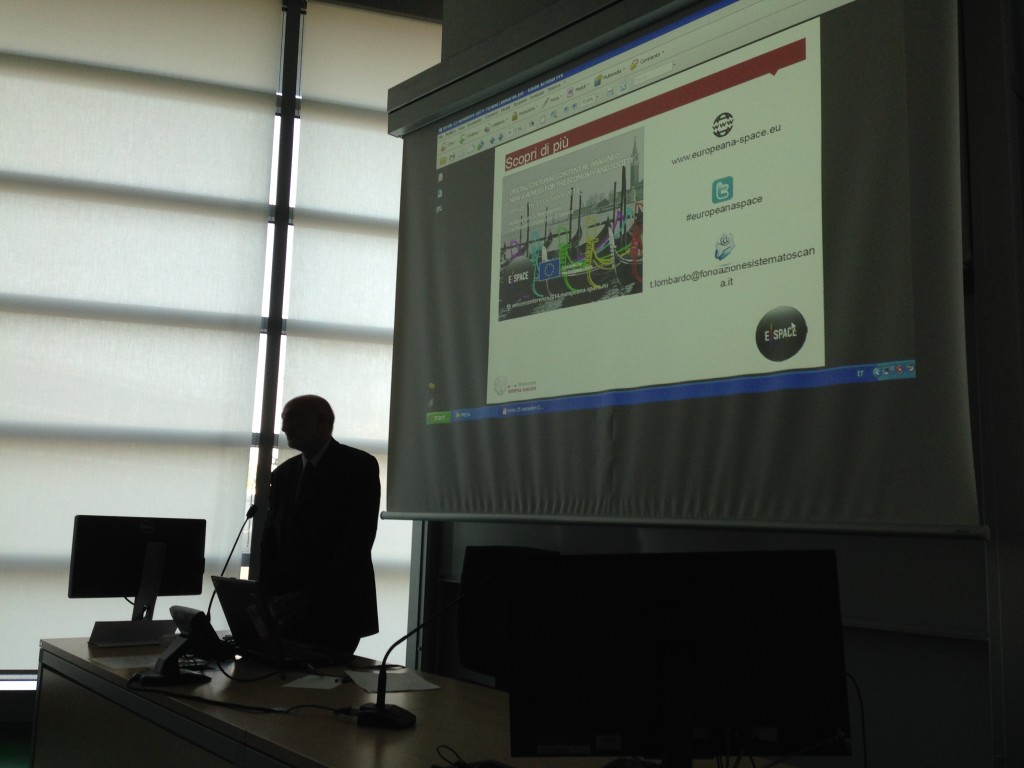

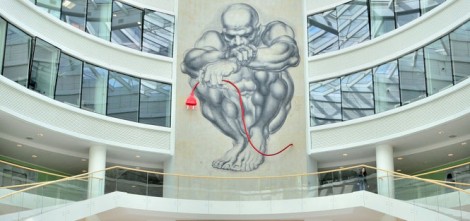 The conference aimed to give a strong signal about the potential of Italian culture and cultural institutions, which are undergoing a positive process of transformation and renewal: Italian culture has a strong vocation to social and technological innovation, to communicational experimentation, to internationalisation. Objectives to be achieved through synergic and multidisciplinary cooperation between the public and private sector for the benefit of Italian economic development.
The conference aimed to give a strong signal about the potential of Italian culture and cultural institutions, which are undergoing a positive process of transformation and renewal: Italian culture has a strong vocation to social and technological innovation, to communicational experimentation, to internationalisation. Objectives to be achieved through synergic and multidisciplinary cooperation between the public and private sector for the benefit of Italian economic development.



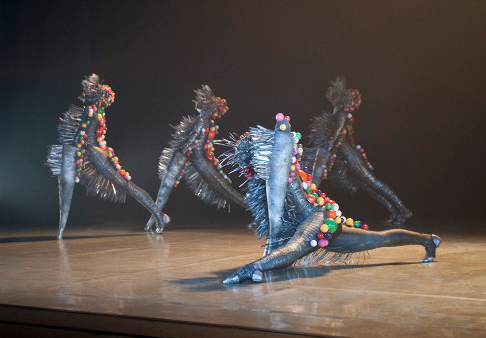





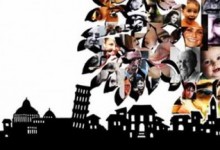
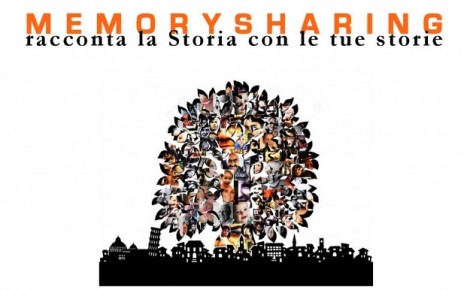 MemorySharing is a project which aims to create a new way for increasing the value of a community’s memories and private documents, by combining web technologies, scientific accuracy and creative approach in the multimedia sharing/telling of contents. Main objective is to connect generations, comparing and transferring knowledge, dynamically and funnily strengthening the shared memory, actively engaging aged and young people. Basically, MemorySharing wants to match with History starting from documents and individual and family testimonies, believing that such micro-historical, fragmented and scattered material can constitute (once suitably reconstructed as a puzzle) an unconventional collective heritage, important for retracing the history of communities, cities and nations. The main phases of the project are four:
MemorySharing is a project which aims to create a new way for increasing the value of a community’s memories and private documents, by combining web technologies, scientific accuracy and creative approach in the multimedia sharing/telling of contents. Main objective is to connect generations, comparing and transferring knowledge, dynamically and funnily strengthening the shared memory, actively engaging aged and young people. Basically, MemorySharing wants to match with History starting from documents and individual and family testimonies, believing that such micro-historical, fragmented and scattered material can constitute (once suitably reconstructed as a puzzle) an unconventional collective heritage, important for retracing the history of communities, cities and nations. The main phases of the project are four:







